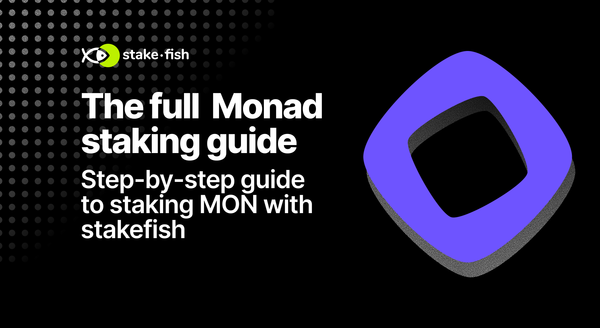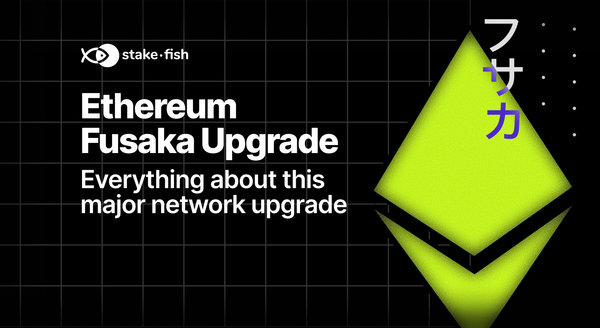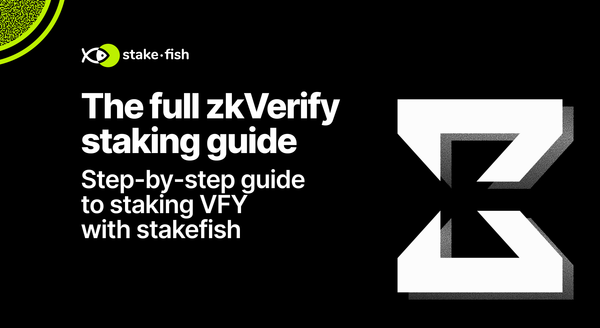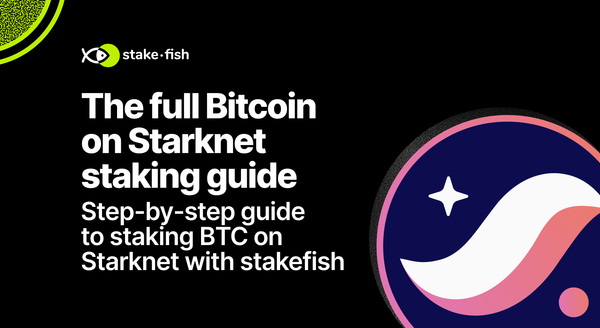Lido & liquid staking
What is Lido, and what problems does it solve?
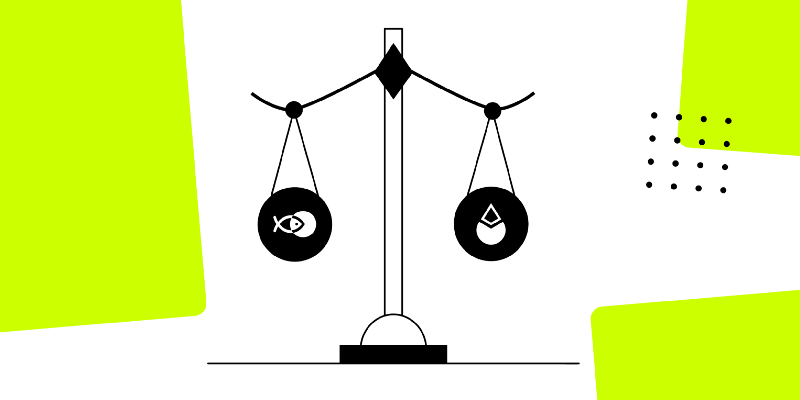
If you follow us on social media, you may have noticed that we’ve been dedicating quite a lot of screen space lately to a project called Lido. So what is Lido, and what is our relationship to the project?
| Need an overview of Eth2 before we continue? Try our Beginner’s guide to Ethereum 2.0.
Lido in a nutshell
Lido sets out to solve two primary problems for potential ETH 2.0 stakers running a validator:
- The 32 ETH minimum stake requirement
- Funds being locked for a year or more until withdrawals are enabled
At its core, Lido is an Ethereum 2.0 staking pool that allows ETH holders to pool their funds and earn rewards even if they have less than 32 ETH or don’t want to stake a multiple of 32 ETH. A decentralized system of node operators (including stakefish!) manages deposits, staking rewards, and withdrawals according to the protocol, which is governed by the Lido DAO.
What makes Lido unique is the way it solves the illiquidity problem. Lido’s solution for “liquid staking” is a special ERC20 token, stETH, that Lido users receive on a 1:1 basis when depositing their ETH to the pool. Just like ETH, stETH tokens can be traded, transferred, and used in DeFi protocols that choose to support it, solving the problem of funds being locked until withdrawals are enabled on the Beacon Chain. To date, stETH is available for ETH trading on Curve, and proposals have been made to add stETH as a collateral option for Aave and Maker.
| Check out Lido’s own How Lido Works blog post for further details.
Risk profile
With a very different approach than our own non-custodial staking service, it stands to reason that Lido’s risk profile will be a little different from ours.
Possible risks
- Ethereum 2.0 failing to launch: While we are strong believers in the future of Ethereum and the Beacon Chain, there’s always the possibility that the roadmap for Ethereum 2.0 will fail to be realized or that the network will fail in some other way. This risk applies equally to full-validator staking services and staking pools.
- Service provider shutdown or disappearance: While we can certainly reassure you that this will never happen on our side, we’ve chosen to mitigate this concern by offering exit transactions to our users that can be triggered permissionlessly to allow you to shut down your validators and remove them from under our management at any time. With Lido’s decentralized system, this concern is mitigated by the resilience brought on by the presence of multiple different service providers on the network.
- Safety of withdrawal credentials: Our staking service is non-custodial, which means we never have access to your withdrawal credentials and it is therefore impossible for us to access your staked funds. Lido uses a unique “distributed custody” solution in which the withdrawal key for all of the network’s validators has been split into 11 different parts secured by 11 different participants. While it is unlikely that all 11 participants would collude in order to act maliciously, this solution does require a certain amount of trust.
- Smart contract risks: Any decentralized protocol built on Ethereum is subject to potential smart contract risks, including hacks and other failures. Like most prominent DeFi projects, Lido has addressed this issue by having its smart contracts undergo multiple security audits. The only smart contract we use in our service is our batch deposit contract, which has also been audited and is in use by other participants in the staking space.
If you’re researching staking services, you’ll want to weigh the risks and advantages for yourself before making a decision. In the end, the best staking service provider is the one that best suits your individual needs and risk tolerance. You may even decide to “diversify” by using multiple services.
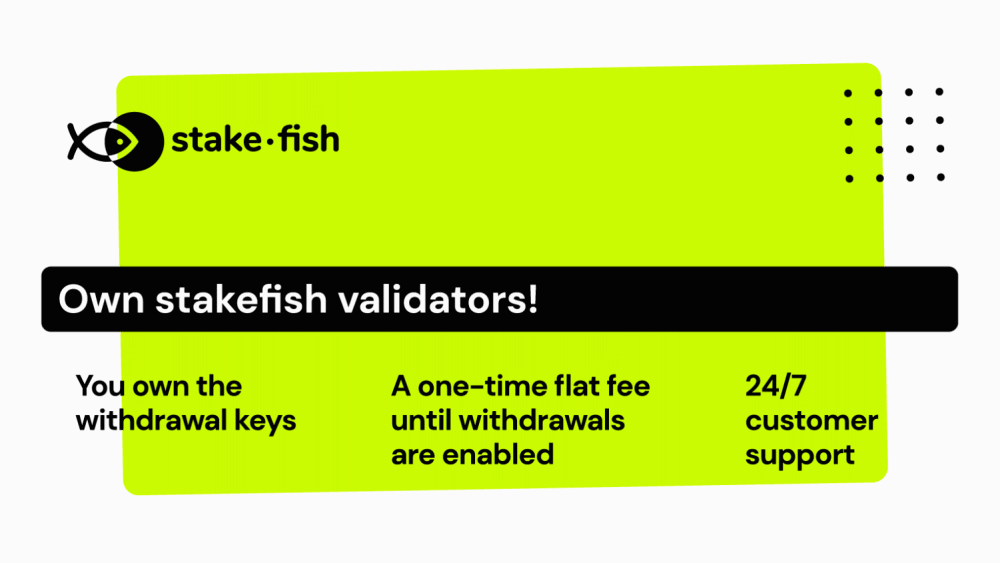
Learn more about our staking service: https://stake.fish/ethereum
Learn more about Lido: http://lido.finance
About stakefish
stakefish is the leading validator for Proof of Stake blockchains. With support for 10+ networks, our mission is to secure and contribute to this exciting new ecosystem while enabling our users to stake with confidence. Because our nodes and our team are globally distributed, we are able to maintain 24-hour coverage.
Website: https://stake.fish
Telegram: https://t.me/stakefish
Twitter: https://twitter.com/stakefish
Instagram: https://www.instagram.com/stakedotfish


